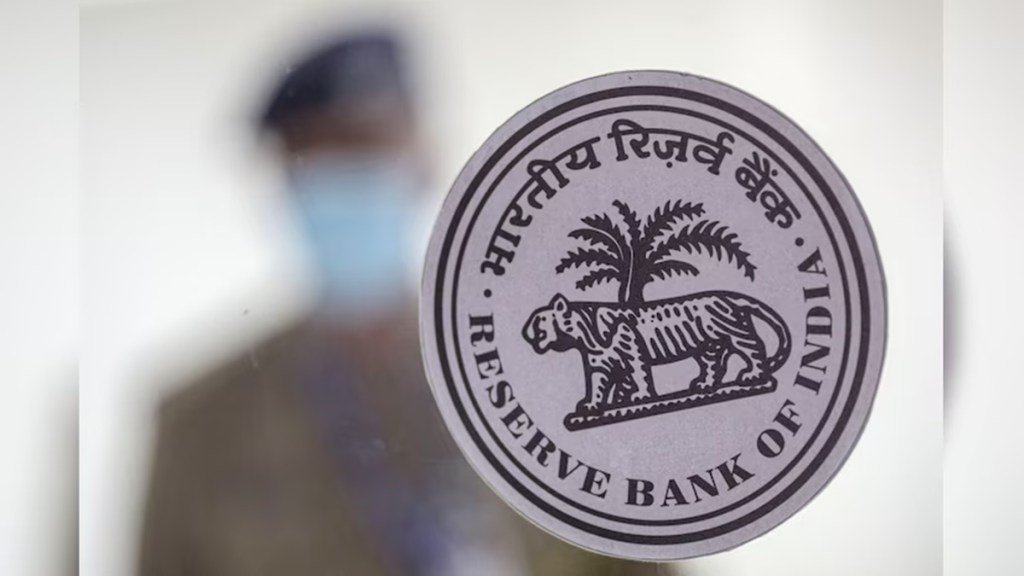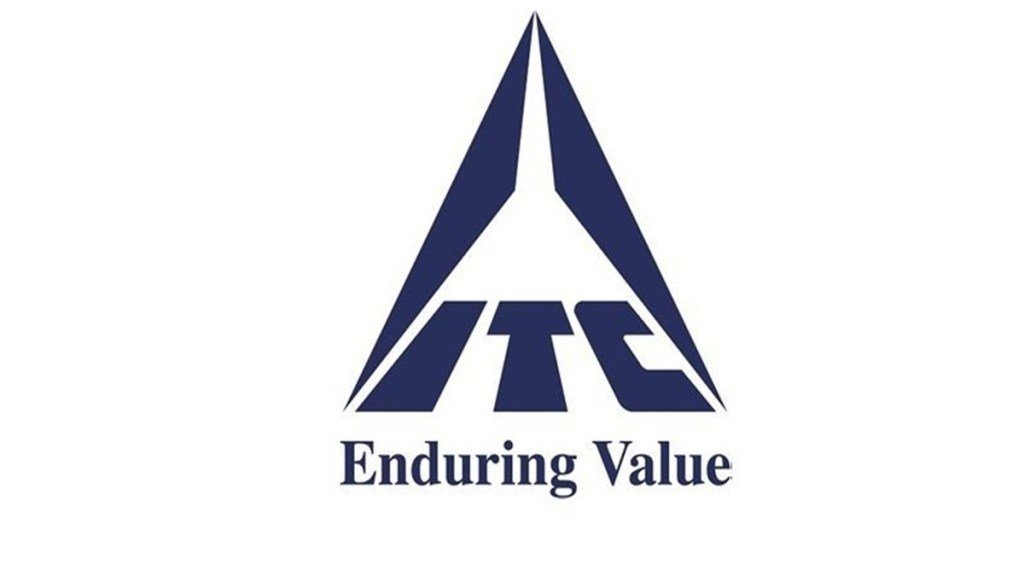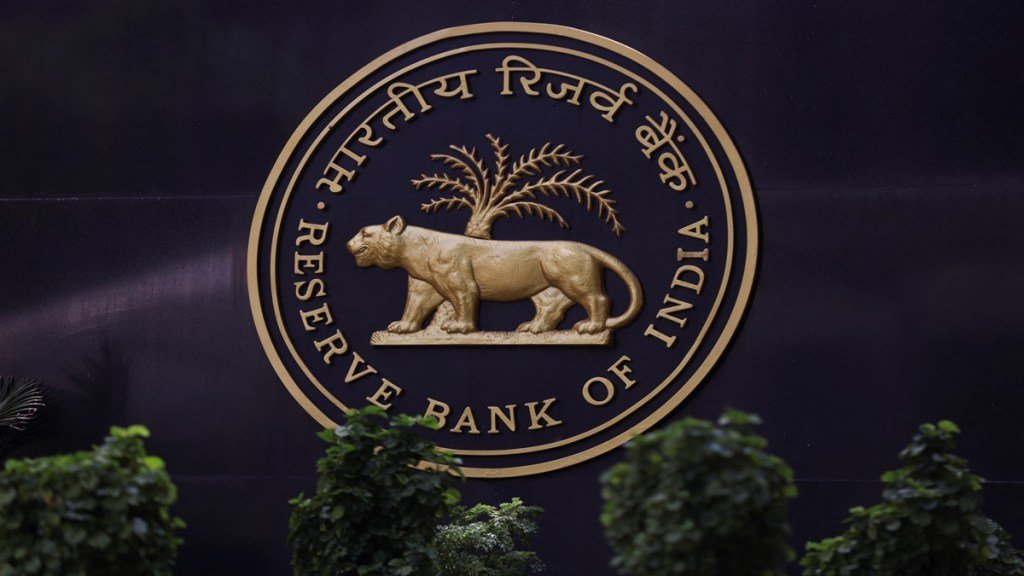
A young man is facing a deeply personal and increasingly common challenge that ties together immigration, employment, and a long-term relationship. He was recently laid off and has just a month left on his Optional Practical Training (OPT) visa. With time running out to legally remain in the United States, he turned to an online forum for advice.
He and his partner, who holds an H1B visa, have been together for three years and had planned to get married later this year or early next. Now, those plans may need to be rushed. His partner has suggested they marry immediately so he can switch to an H4 dependent visa, which would allow him to stay in the U.S. legally. However, he would not be able to work until he receives an Employment Authorization Document (EAD), a process that could take up to two years.
The man expressed concern about the long period of unemployment, especially given his five years of professional experience across two countries. He shared that they haven’t met each other’s families yet, though both families live in the same state back in Asia—a coincidence that has brought them closer. They had been planning to visit home to introduce their families soon.
His partner noted that, financially, filing taxes jointly after marriage could save them more than he might earn working abroad. Still, he questioned whether money should be the deciding factor. He said that he genuinely enjoys working and has considered going back home to continue his career or even start a YouTube channel to support others in similar situations.
Online responses reflected a wide range of emotions and experiences. Some sympathized deeply, acknowledging the emotional and career toll of unemployment. Others emphasized how hard it is to explain long gaps on a résumé and pointed out how mentally draining it can be to stay out of work for years.
Several users offered practical suggestions, including returning to school for a Master’s or PhD to extend his time in the U.S. on a student visa. Some mentioned that a PhD could open up more immigration options, like an EB1 Green Card. Others encouraged looking into cap-exempt H1B jobs at universities or non-profits as a more stable alternative.
There were also personal stories. One user shared that they had once switched to an H4 visa and remained unemployed for two years. The relationship didn’t survive, and they regretted stepping away from their career. Another pointed out that the Green Card process for an H1B holder is long and filled with potential delays, including labor certification, I-140 approval, and eventual EAD issuance.
Cautionary voices warned against marrying solely for immigration benefits. Some worried it could shift the balance in the relationship or lead to resentment over time. They stressed that these decisions are personal, complex, and carry lasting consequences.




















